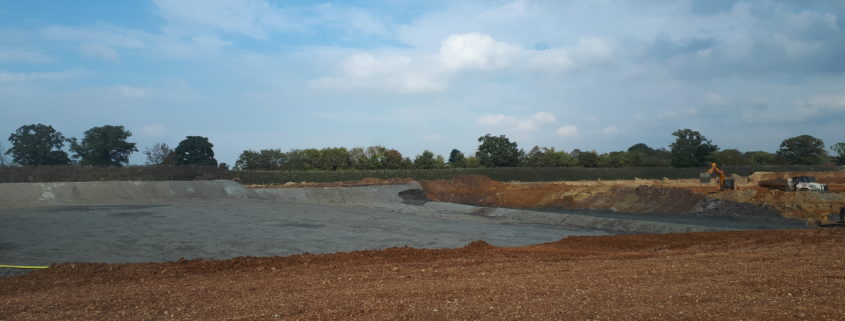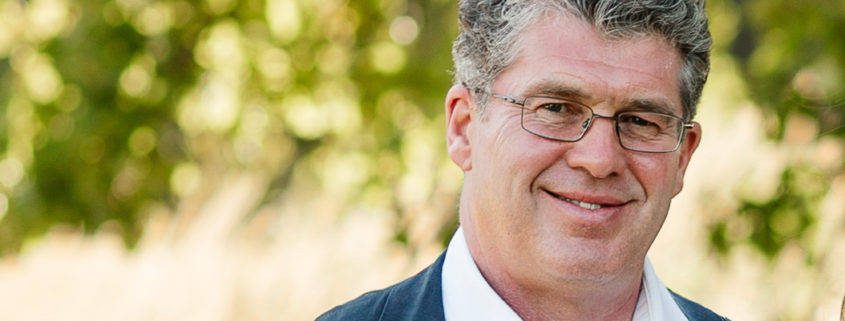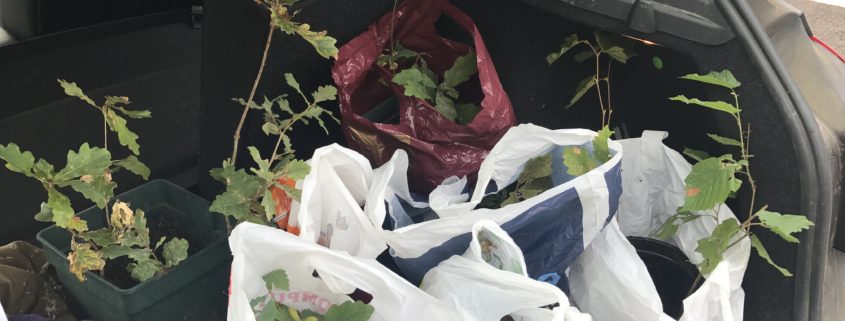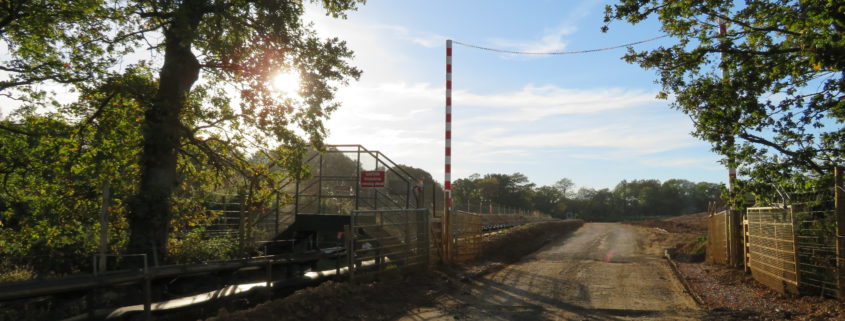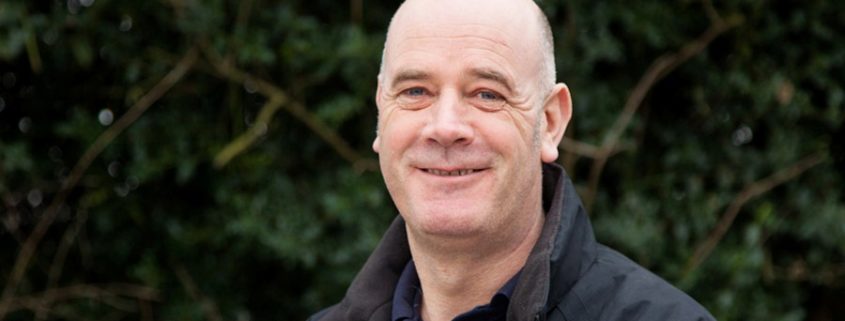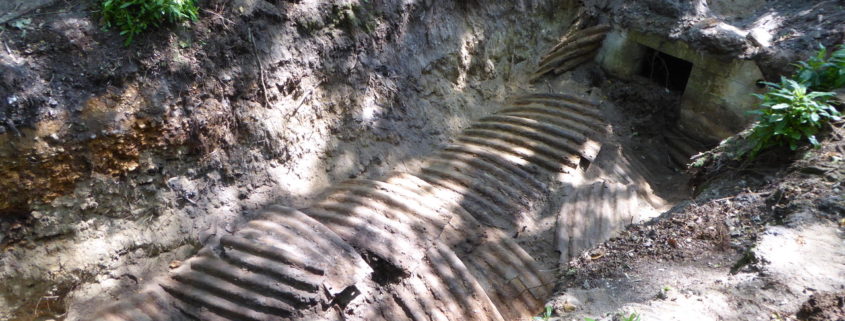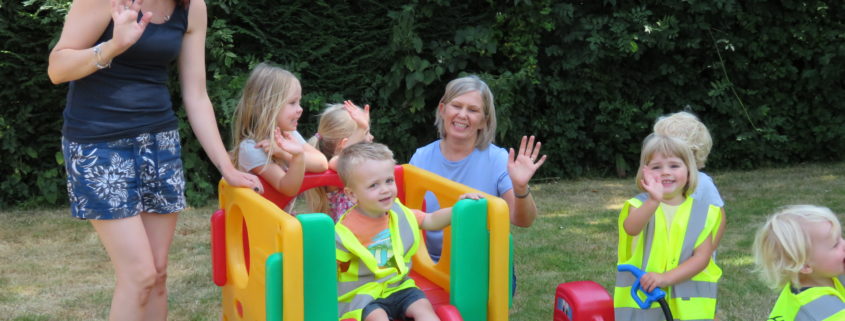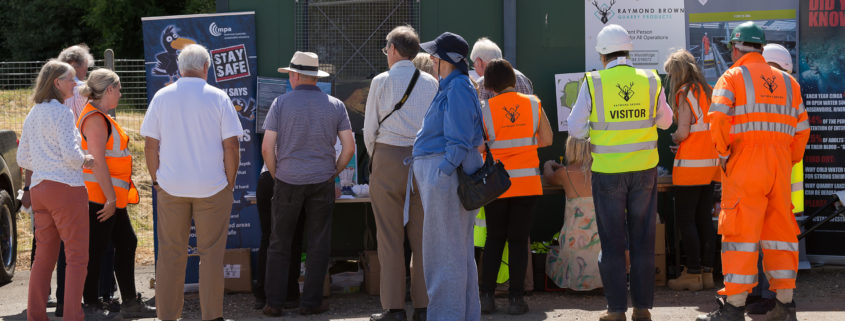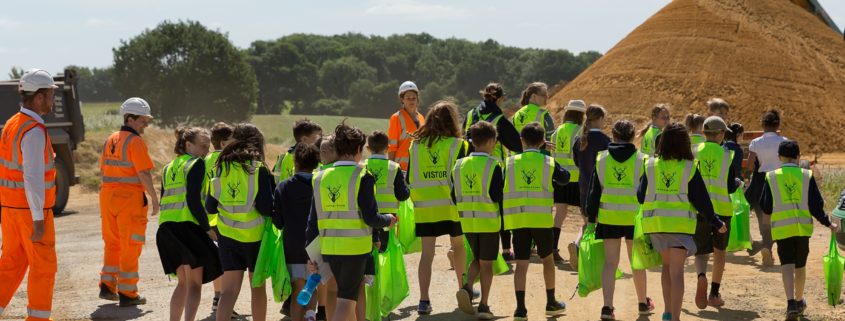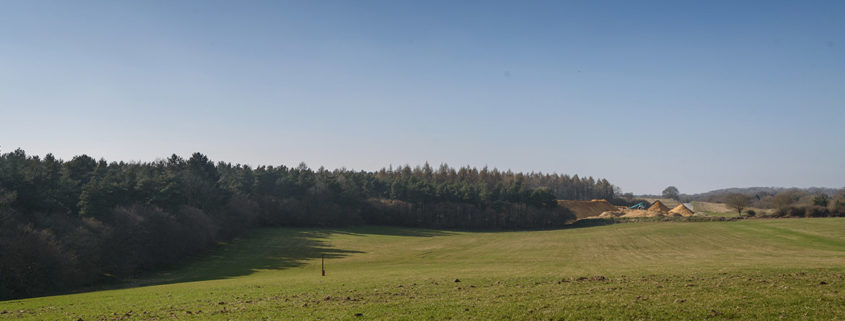Raymond Brown invited schoolchildren from local Whiteparish Primary School to visit Brickworth Quarry.
Upon arrival, the students, who are all in the Year 6 Eagles class, were provided with appropriate personal protective equipment and a worksheet to complete during their visit. The class were then given a tour around the quarry and the chance to see how the sand is extracted and processed through a screening and wash plant and then loaded onto lorries and distributed for use in the construction industry. The children were also given the opportunity to have an up close look at the ancient woodland soils and learn about the site’s management and conservation of them as well as identifying different animal footprints on site.
Raymond Brown staff explained why quarries are needed, the uses of sand in construction and the environmental benefits of quarrying. Students also learned about the dangers of entering a quarry unauthorised and the importance of safety on site.
Following the site tour and a classroom lesson, activities were undertaken outside and the children took turns at sieving different sands from three of Raymond Brown’s quarries and filling up miniature sand shape bottles which they took home with them.
To emphasise how the quarry provides environmental benefits to help biodiversity flourish, in creating habitats for numerous wild animals and birds, the children also created colourful bird feeders and planted cress seeds to take with them.
Martin Wooldridge, Quarry Manager commented: “It was a pleasure hosting the Whiteparish Primary School Eagles Class, they were enthusiastic and asked lots of questions about the quarry. It was great to give them an insight into the quarrying industry and we really enjoyed having them on site.”
Whiteparish Primary School Head Teacher, Kate Heathcote commented: “On Thursday, the Eagles visited Brickworth Quarry and had a great trip! Huge thanks to all at Brickworth for making this a memorable trip for the eagles and for providing mini-buses!”
Quotes from the Eagles Class:
“We all enjoyed the experience; the best bit for me was making the bird feeders.” – Grace
“Our experience at Brickworth Quarry was fascinating because we learnt a lot about the quarry and stones.” – Megan
“My favourite part was sieving the sand and also the tour around as I had never seen a quarry before.” – Abbie
“‘It was really interesting finding out how big quarries are and how important they are.” – Joe

